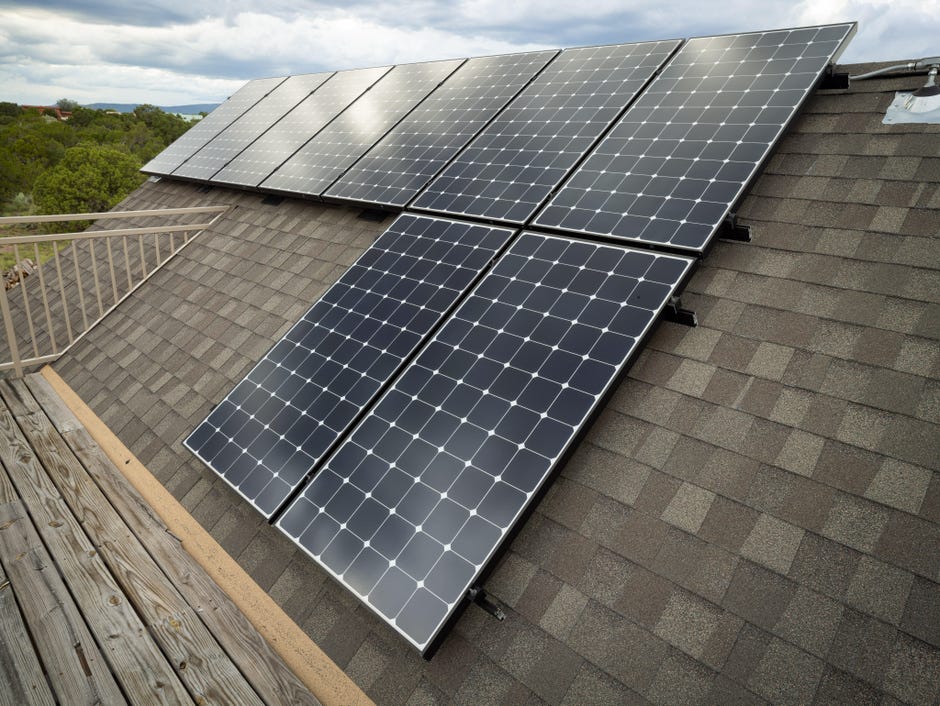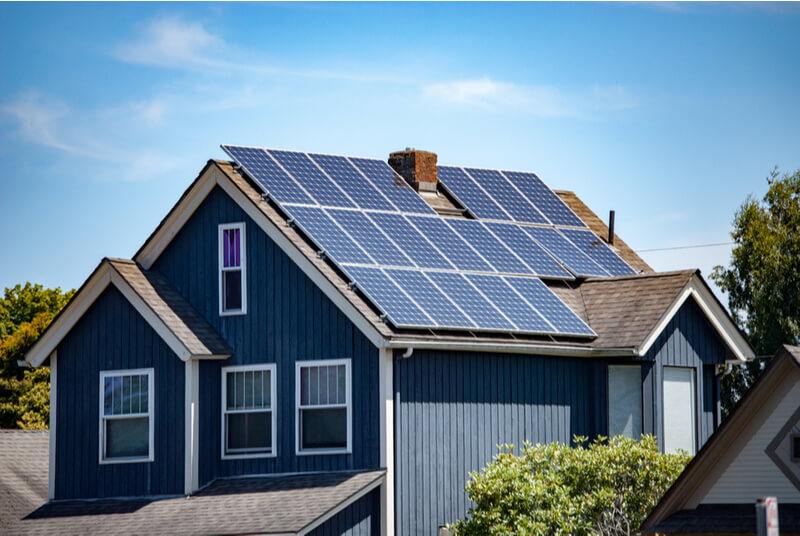Solar Panels For Residential Houses | How many solar panels do you need to run an average residential solar house?
Installing solar panels on residential houses has become increasingly popular in recent years. Not only do they provide an eco-friendly energy source, but they also offer long-term cost savings. However, determining the number of solar panels needed for your home can be a perplexing task. Let’s explore some essential factors to consider when deciding how many solar panels to install.
Energy Consumption
Before delving into the specifics, it’s crucial to assess your household’s energy consumption. The number of solar panels required will heavily depend on your daily energy needs. Consider your average monthly electricity bill and determine the kilowatt-hours (kWh) consumed. This information will serve as a foundation for calculating the necessary solar power capacity.
Sunlight Availability
Another critical aspect is the amount of sunlight your residential area receives. Sunlight is the primary source of energy for solar panels, and its availability directly affects their efficiency. Areas with more sunshine throughout the year will require fewer solar panels compared to regions with less consistent sunlight. It’s essential to evaluate the average peak sun hours in your locality, which can be obtained from solar resource maps.
Panel Efficiency
Solar panels come in various sizes and efficiencies, affecting the overall power output. Higher-efficiency panels can generate more electricity per unit area, enabling you to install fewer panels. Conversely, lower-efficiency panels might require a larger installation to meet your energy requirements. It’s advisable to research and compare different panel models to determine the most suitable option for your specific needs.
Available Rooftop Space
The available rooftop space is a crucial factor to consider when installing solar panels. Larger roofs with ample unobstructed space allow for a greater number of panels. However, if your roof is small or partially shaded, the number of panels may be limited. It’s essential to assess the feasibility of your rooftop for solar panel installation before finalizing the quantity.

System Budget
Lastly, your budget plays a significant role in determining the number of solar panels you can install. Solar panel costs vary based on factors such as brand, size, and quality. While installing more panels may generate greater energy savings, it’s important to find a balance between cost and benefits. Consider consulting with solar installation professionals to get a better understanding of the costs involved and to optimize your system within your budget.
In conclusion, determining the appropriate number of solar panels for your residential house involves considering factors such as energy consumption, sunlight availability, panel efficiency, rooftop space, and budget. By thoroughly evaluating these aspects, you can make an informed decision that maximizes the benefits of solar power while meeting your specific requirements. Embark on the journey towards sustainable and cost-effective energy with solar panels for your home!

Frequently Asked Questions
How do solar panels for building work?
Solar panels for building work by using the sun’s rays to generate power. Solar panels consist of a sheet of photovoltaic cells, a transparent glass-like material that is the backbone of solar panels. The cells are placed on top of each other to form an array and are connected by wires.
The cells collect the sun’s energy and convert it into electricity. The same process occurs in solar panels that are used to power homes but on a much larger scale. The electricity generated by the panels is then fed into the power grid through an inverter, which changes direct current (DC) to alternating current (AC).
What is the cost of solar panels for residential houses?
The cost of residential solar panels may depend on many factors, such as the specifications and capacities, materials used in the panels, and how much they will help you save on electricity bills. In general, it is estimated that they cost $2.77 per watt. The good news is that they now pay for themselves within a short time. Solar panels for homes have been a good investment for many people as they typically save a homeowner a significant amount of money on their annual electric bills.
What happens if I move after installing solar panels?
If you move after installing solar panels, your home may not qualify for the 26% federal tax credit. The IRS has a specific set of rules that determines whether or to what degree a homeowner can claim this tax credit.
What warranties are available for solar panels?
There are up to 30-year warranties available for solar panels. The panels usually come with a 10-year guarantee on the performance of each module and 25 years for power output. This means that if you install quality modules, they should last well beyond their warranty period.
What is the difference between solar for business and solar panels for home use?
Businesses use more electricity than homes and will therefore get a better financial deal out of the solar power system. Businesses also benefit from lower implementation costs compared to home users; this is because they can install larger solar systems, which reduce installation fees. Solar panels for building roofs use a lot of them, which reduces the cost per watt.
Can a house run on solar power alone?
A solar power system generates electricity during the day, and a house runs on electricity at night. So it is possible for a home to run on solar power alone, as long as there is some backup source of energy such as a generator or battery packs.
Do You Really Save Money With Solar Panels?
The cost of solar panels has come down in recent years, and they are a more affordable option for homeowners. Solar panels can be expensive to install, but they can save you money in the long run. Solar power is a renewable energy source, so it’s good for the environment and your wallet.
How much does a solar panel cost?
The solar panel cost depends on the level of efficiency. The more efficient the panel, the less power it will need to generate. A standard solar panel generates approximately 25% of the power needed to run the entire house. This means that a solar panel system can generate enough power to run a house that is typically used by four people.
How long will it take for solar panels to pay for themselves?
It can take between five and ten years for solar panels to pay off in savings versus the cost of the system itself. After the solar panels have paid off, it is possible to save money each month by running most appliances with solar power. The federal tax credit is a policy that was put in place to help speed up the process of solar panel payoff.
Do solar panels work when the power goes out?
If you are using battery packs or generators then solar panels work when the power goes out. However, if your home is not supplied by solar batteries or generator sources during a power outage then your solar panels will be useless.
